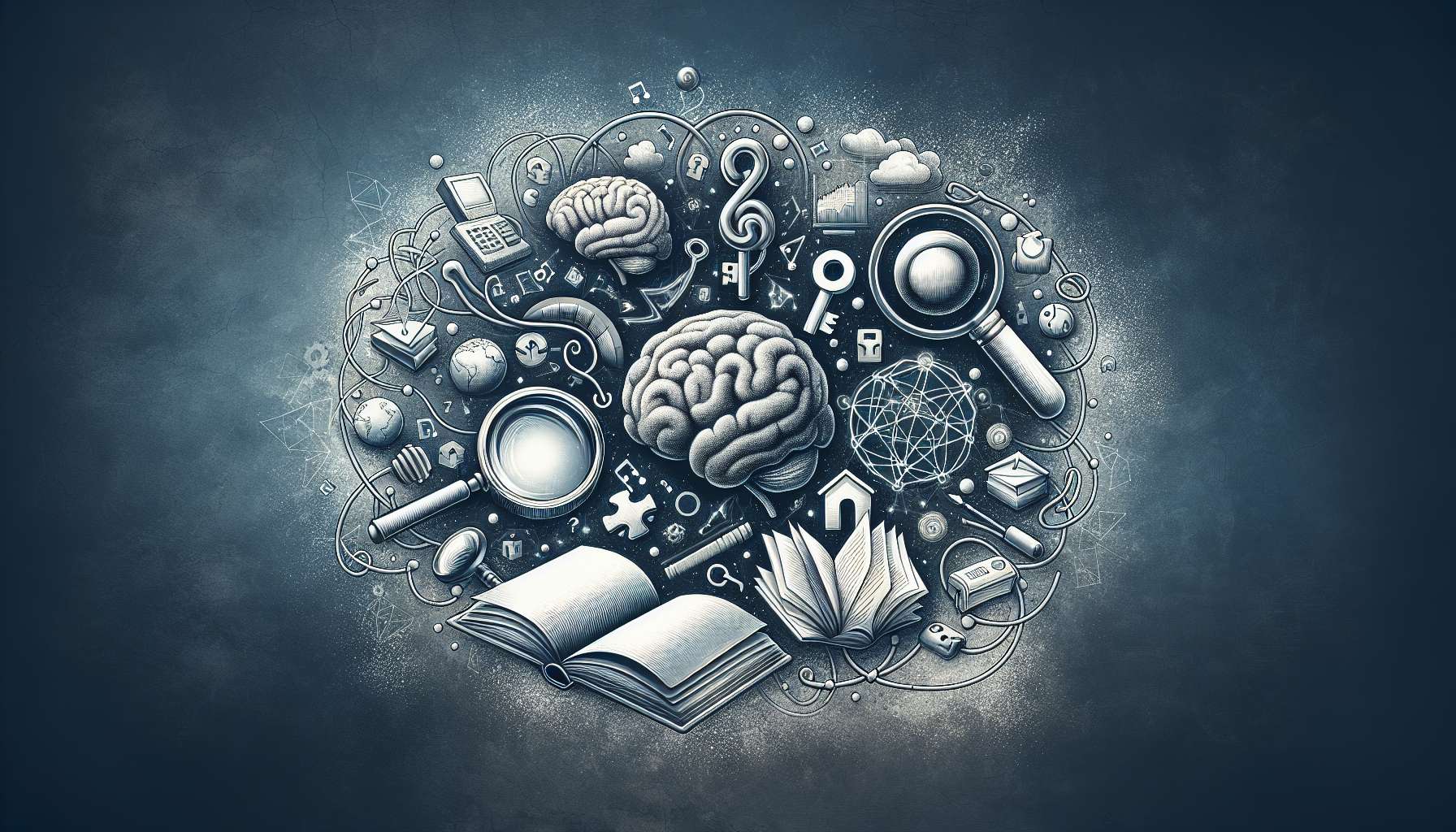Unlocking the Power of Key Learning Fundamentals
Education is the key to unlocking the full potential of individuals and societies. At the core of every successful learning journey are key learning fundamentals that serve as the foundation for acquiring knowledge, developing skills, and fostering personal growth. From understanding the basics of cognitive processes to embracing the principles of effective learning strategies, delving into the world of key learning fundamentals can illuminate the path to lifelong learning and success.
The Neuroscience of Learning
One of the key learning fundamentals lies in understanding the neuroscience behind how we learn. The brain is a complex organ that processes information in intricate ways, forming neural connections that shape our thoughts and behaviors. By exploring the cognitive processes involved in learning, such as attention, memory, and motivation, we can gain insights into how to optimize our learning experiences.
Research has shown that the brain is constantly adapting and rewiring itself in response to new information and experiences, a phenomenon known as neuroplasticity. This means that our brains have the remarkable ability to learn and change throughout our lives, making continuous learning a lifelong pursuit.
For example, studies have demonstrated that spaced repetition, a learning technique that involves revisiting information at increasing intervals, can enhance long-term retention of knowledge. By leveraging the brain’s capacity to strengthen connections over time, we can improve our ability to remember and apply what we have learned.
Effective Learning Strategies
Another essential aspect of key learning fundamentals is the adoption of effective learning strategies. From active engagement in the learning process to setting clear goals and seeking feedback, employing the right strategies can significantly enhance our learning outcomes.
One commonly used learning strategy is the Feynman Technique, named after the renowned physicist Richard Feynman. This technique involves explaining a concept in simple terms as if teaching it to someone else, which can help solidify our understanding and identify areas of confusion. By actively engaging with the material in this way, we can deepen our comprehension and retention of information.
Furthermore, the concept of metacognition, or thinking about one’s own thinking, plays a crucial role in effective learning. By reflecting on our learning processes, monitoring our comprehension, and adjusting our strategies as needed, we can become more self-regulated learners capable of tackling complex challenges.
The Role of Motivation and Mindset
Motivation and mindset are integral components of key learning fundamentals that influence our willingness to engage in learning activities and persist in the face of obstacles. A growth mindset, characterized by the belief that abilities can be developed through effort and perseverance, fosters a positive attitude towards learning and promotes resilience in the face of setbacks.
Research has shown that intrinsic motivation, or the desire to engage in an activity for its own sake, is a powerful driver of learning success. When we are intrinsically motivated, we are more likely to be persistent, curious, and open to new challenges, leading to deeper levels of engagement and mastery.
Cultivating a growth mindset and nurturing intrinsic motivation can transform our approach to learning, empowering us to embrace challenges, learn from failure, and continuously strive for improvement. By fostering a positive learning environment that values effort, progress, and resilience, we can unleash our full learning potential.
Applying Key Learning Fundamentals in Practice
Understanding key learning fundamentals is essential, but applying them in practice is where the true transformation occurs. Whether in a classroom setting, workplace environment, or personal learning journey, incorporating evidence-based strategies and principles can enhance our learning experiences and outcomes.
For educators, incorporating active learning techniques, providing timely feedback, and promoting collaborative learning can create an engaging and supportive learning environment for students. By leveraging the power of technology and multimedia resources, educators can cater to diverse learning styles and preferences, enriching the learning experience for all learners.
In the workplace, fostering a culture of continuous learning and professional development can enhance employee engagement, productivity, and innovation. By encouraging employees to set learning goals, seek out new challenges, and embrace feedback, organizations can create a dynamic learning culture that drives individual and organizational growth.
Expert Opinions
Experts in the field of education and neuroscience emphasize the importance of understanding key learning fundamentals in promoting effective learning and cognitive development. Dr. Carol Dweck, a renowned psychologist known for her work on mindset, highlights the transformative power of a growth mindset in unlocking human potential.
Dr. Anders Ericsson, a psychologist and expert on expertise, stresses the role of deliberate practice in achieving mastery in any domain. By engaging in focused, goal-oriented practice that targets specific skills and challenges, individuals can accelerate their learning and skill development.
Dr. Barbara Oakley, an educator and author, advocates for the use of learning strategies based on cognitive science to enhance memory and comprehension. By incorporating techniques such as spaced repetition, interleaved practice, and retrieval practice into our learning routines, we can optimize our learning efficiency and long-term retention of knowledge.
Conclusion
To wrap things up, key learning fundamentals provide the essential building blocks for effective learning and cognitive development. By understanding the neuroscience of learning, adopting effective learning strategies, nurturing motivation and mindset, and applying these principles in practice, we can unleash our full learning potential and achieve success in any endeavor.
As we continue to explore the depths of human cognition and learning, it is essential to prioritize continuous learning and self-improvement. By embracing key learning fundamentals and leveraging evidence-based practices, we can embark on a lifelong learning journey filled with growth, discovery, and transformation.




